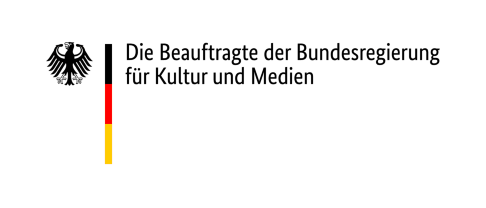based on the music of
Clara Schumann
Progress, digress, regress? bechange: Thinking, the third installment of the Stegreif Orchester's bechange series, tells of times of upheaval, deceleration and examines the value of ubiquitous innovation. What is life like in the age of higher, faster, further? Can sustainable technologies also create sustainable social structures? The zeitgeist of Clara Schumann (1819-1896) is defined by transformation. Social upheaval and technological achievement are two sides of the same coin, and Clara Schumann - a pianist, composer, mother, concert organizer and teacher - is yet another prominent figure in this multi-layered world.
bechange: Thinking takes this historical period as a starting point and transfers it to modern times. More relevant than ever is the question of the balance between innovation and reflection, between retrospection and progress. As the name suggests, bechange:Thinking examines the thinking patterns, both individual and collective, behind our actions in today's world, and seeks to develop them further as part of the creative process.
The recomposer Helena Weinstock-Montag draws on the musical material of Clara Schumann and adapts it to the Stegreif Orchester’s sound. Among other pieces, the Piano Romance op. 21, No. 1 has been rearranged to be played by the entire orchestra. The selection of music further includes parts of the Piano Concerto in A minor, a number of vocal works and chamber music pieces. Directed by David Fernández, Stegreif - The Improvising Symphony Orchestra once again makes it its mission to unite classical works with contemporary musical forms and bring them into an interplay with improvised elements. As in all Stegreif concerts, the members of the audience are a central part of the performance and are invited to reflect on the questions of our time and consider their own perspective.
Photo: Ludwig Nikulski



